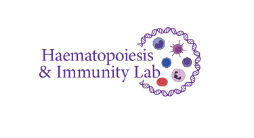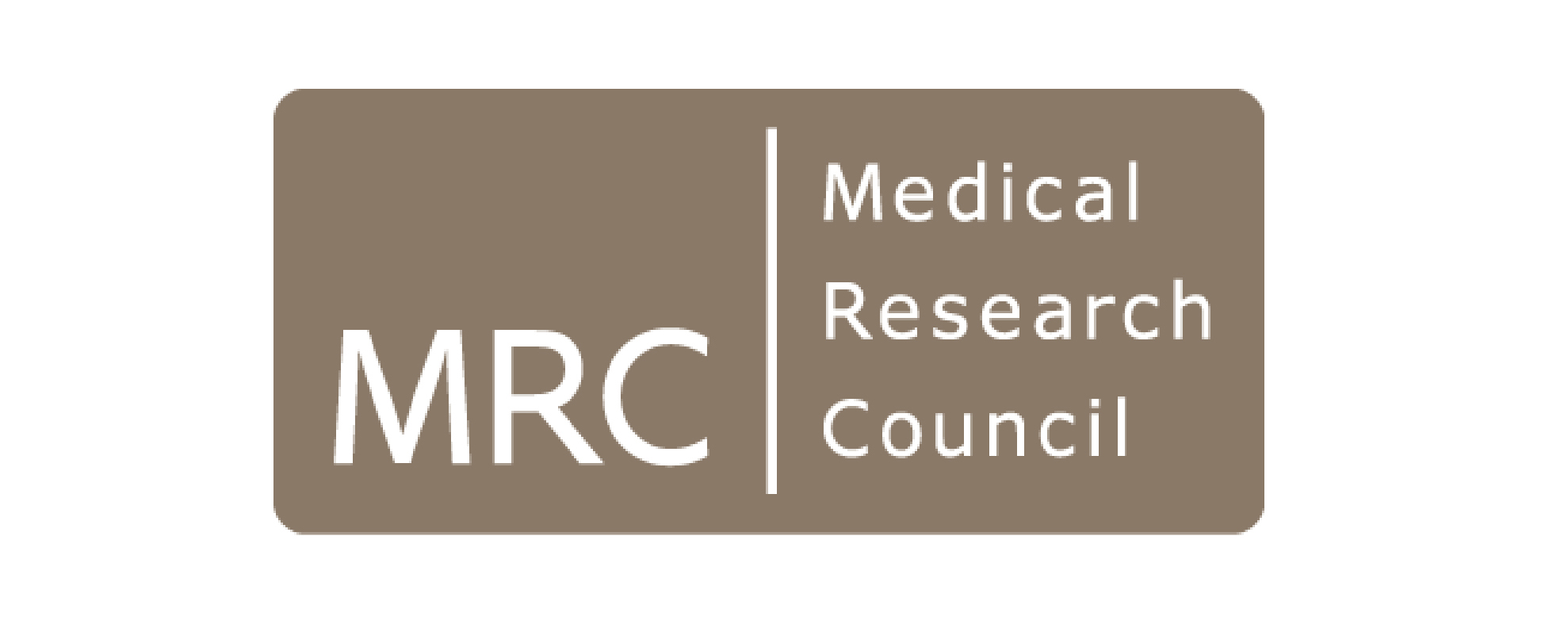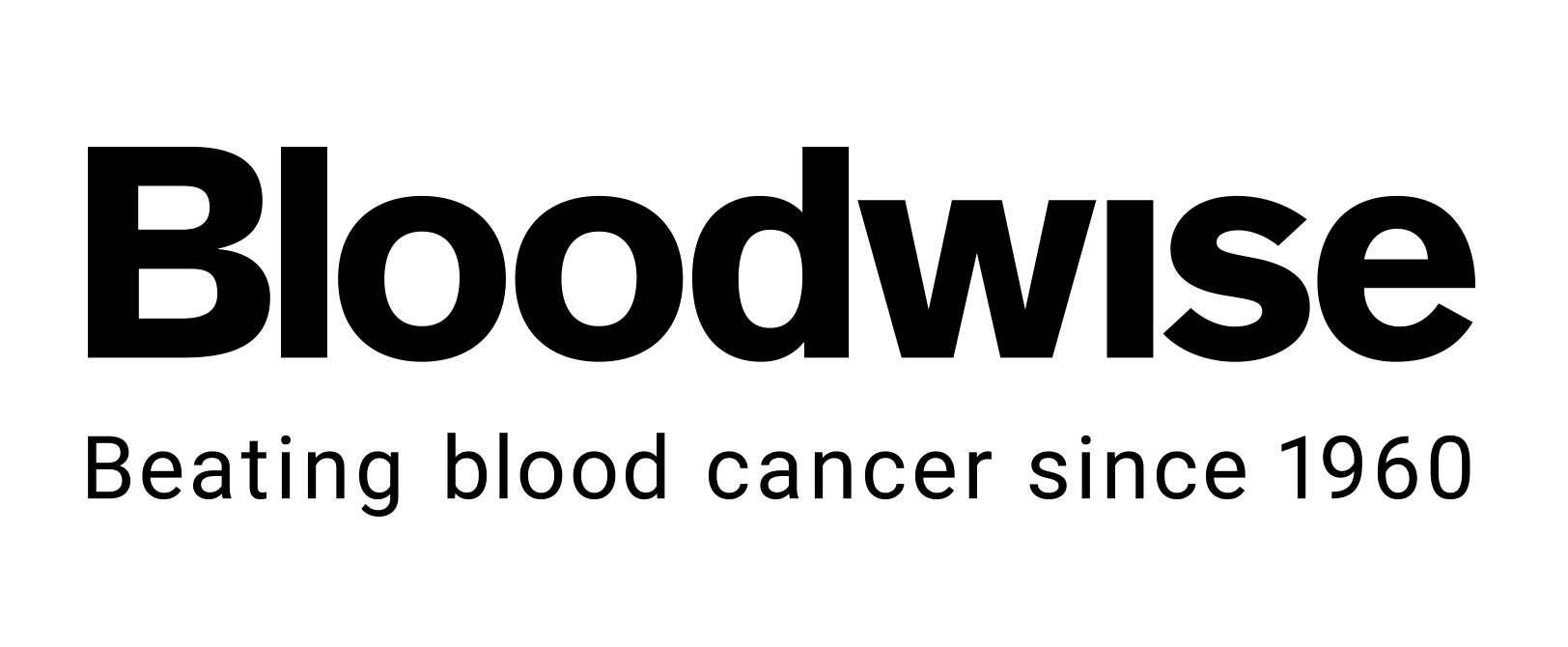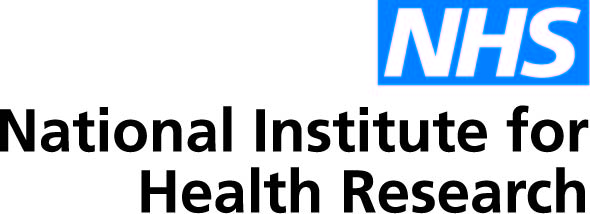Human Dendritic Cell Deficiency Testing
Research testing for Human dendritic cell (DC) and monocyte Immunodeficiencies:
Human DC and monocyte deficiencies may cause immunodeficiency. We can provide a full DC/monocyte profile as a research service in any patient with unidentified immunodeficiency.
This includes:
- Peripheral blood DC and monocyte profiling: 10-20ml EDTA blood (4 purple tubes filled)
- Serum Flt-3 ligand analysis: 2-5ml serum (1 red top tube full)
- Bone marrow progenitor cell analysis: 1-4ml EDTA bone marrow aspirate
- Tissue DC profiling: 4-6mm skin shave or punch in RPMI (or normal saline)
- Genetic analysis where appropriate
Please complete:
- Patient referral form
- Human DC lab ethics consent form (age appropriate consent forms and patient information sheet provided)
- Haematology biobank ethics consent form (patient information sheet also provided)
Forms to Download:
Human DC Lab Ethics:
- Consent Form (Age 16+)
- Patient Information Sheet (Age 16+)
- Parental/Guardian Consent Form (Under 16)
- Parental/Guardian Information Sheet (Under 16)
- Assent Form (Under 16)
- Patient Information Sheet (0-6 years)
- Patient Information Sheet (6-10 years)
- Patient Information Sheet (11-15 years)
Haematology Biobank Ethics:
If your patient agrees to give samples for research these tests will be provided free of charge and we will have the opportunity to publish collaborative research with you.
All samples should be sent in recorded/registered post to our delivery address, to arrive at room temperature within 24hrs of collection. Please inform us by email (sarah.pagan@ncl.ac.uk) once the samples are sent and provide the tracking number. It is very helpful to have 1-2 weeks notice so we can set up the tests in advance.
Please ensure all samples are sent as Biological Substances, Category B (UN3373) and that packaging adheres to IATA packaging instruction 650.
Results are usually available within four weeks of receipt. Blood, bone marrow and tissue DC profiling and serum Flt3-L analyses are not accredited diagnostic tests and the use of these results for clinical purposes is at the discretion of the referring physician.
Clinical testing for DCML deficiency/GATA2 mutation:
Dendritic cell, monocyte, B and NK lymphoid (DCML) deficiency is caused by mutation of GATA2. Diagnosis may be suspected from a history of papilloma virus infection, atypical mycobacterial infection, pulmonary dysfunction, lymphoedema and autoimmunity. Patients typically have absent monocytes and mild lymphopenia on routine blood counting with evident B and NK lymphopenia upon subset analysis. Immunoglobulins are preserved. Bone marrow may initially appear normal or show dysplastic features.
For diagnostic GATA2 testing we require:
- Name and address of referring physician for report and invoice
- 4ml EDTA blood fully labeled with patient identifiers
Samples and contact information will be sent directly to Northern Molecular Genetics Service. Sequencing of the whole coding region of the GATA2 gene plus Intron 5 will be carried out within 7-10 days and you will be issued with a report from the Northern Molecular Genetics Service. This is a fully accredited NHS clinical genetic service and and your department will be invoiced £350 directly.
In addition to clinical GATA2 testing we would like to receive research samples on all patients with suspected or confirmed GATA2 mutation as detailed in 'Research Testing' at the top of this page. This will to help determine the stage of disease in the case of GATA2 mutation or the relevance of further genetic tests if GATA2 is found to be wild type. These are research tests and the information will be provided free of charge but requires consent from your patient. Please send additional samples and consent forms as detailed above.










